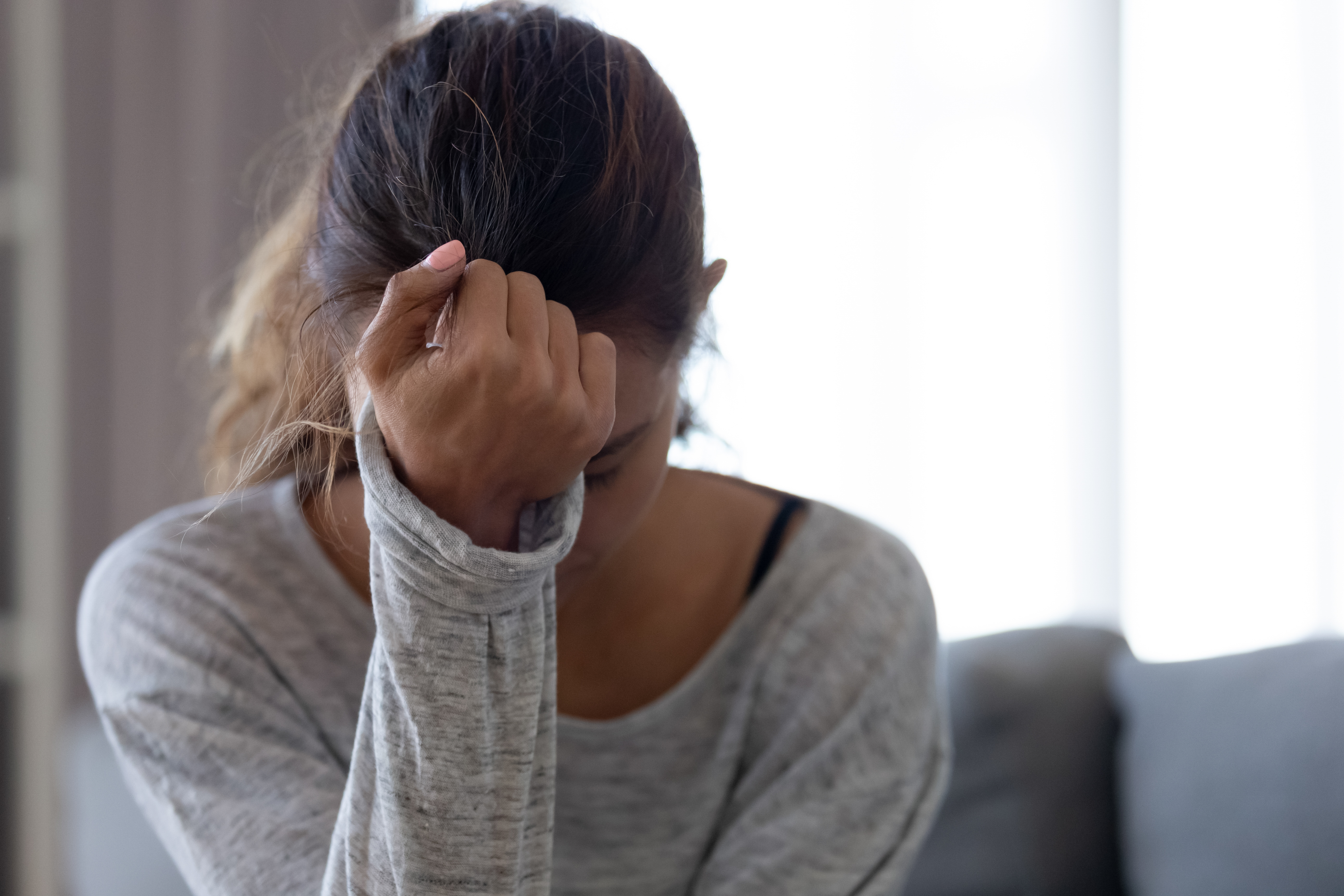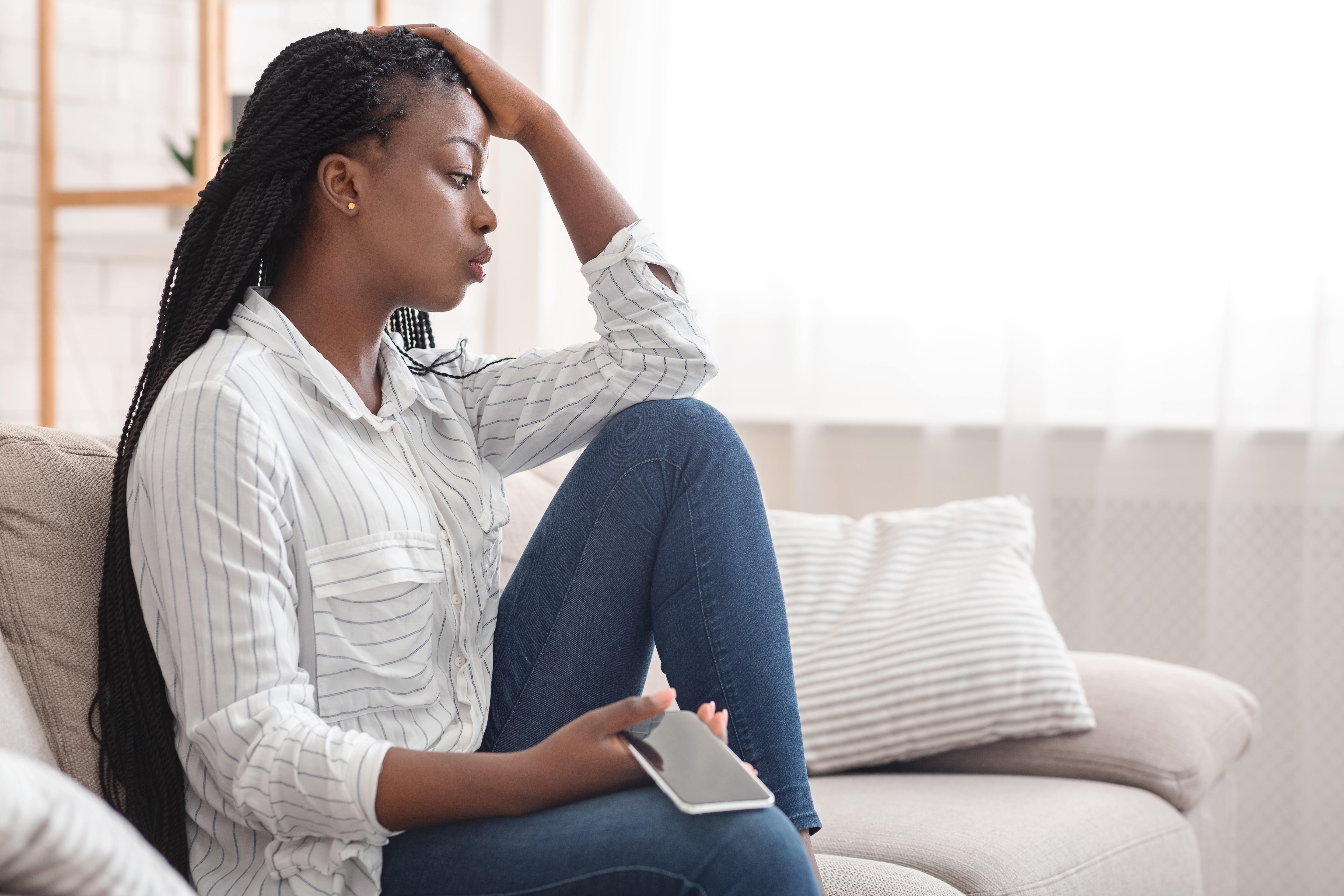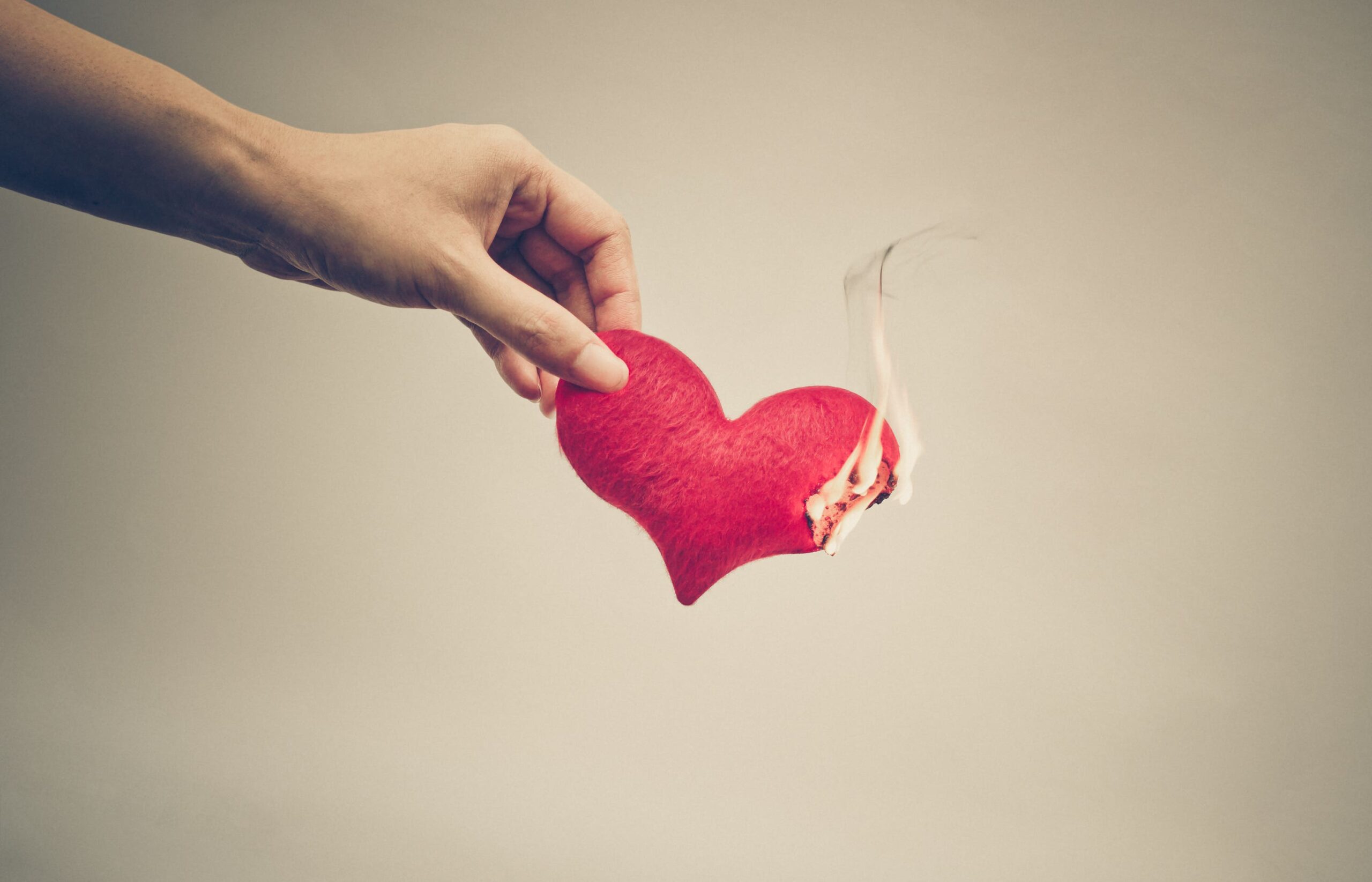‘Toxic’ is a word that gets thrown around a lot – but it can be difficult to know exactly what it means and whether your relationship is just going through a rough patch or is genuinely a cause for concern.
As a general rule, certified narcissistic abuse therapist Tammy Ketura (keturaconsulting.com) says that a good relationship should make you feel happy, secure, content, relaxed and free to be the best version of yourself. A toxic relationship, meanwhile, will leave you feeling drained, depleted and anxious.
Ketura, who is based in Switzerland and works with people to resolve and heal from narcissistic, co-dependent or toxic relationships, says that it’s easy to lose yourself in a damaging partnership, but it’s never too late to recognise the warning signs and take steps to prioritise your mental, emotional and physical wellbeing.
Here she highlights the key signs to watch out for…
1. Look out for a change to your mental wellbeing

In a toxic relationship, Ketura says it’s not uncommon to experience a rollercoaster of changing emotions that you can’t quite pinpoint. “Are you fluctuating from extreme happiness to extreme sorrow, and aren’t able to identify the cause?” she questions.
Alongside this comes a heightened sense of confusion, self-doubt and insecurity. “As your toxic partner might be the one who fuels these emotions, many people might feel that it’s easier and quicker to gain the sensation of security by aligning themselves with their partner’s judgement, approval and love,” she warns.
2. Keep an eye on the relationship dynamics
A toxic partner will share words of endearment to keep you hooked in, but combine them with subtle malice. Ketura explains: “They might share the vision of a charming future together, but they’ll do this while criticising, belittling, dismissing and ridiculing you.”

One of the most damaging parts of an unhealthy relationship is a partner that emphasises how important it is that you are in their life, while displaying a systematic disregard towards your own needs. “Alongside this,” Ketura adds, “there may also be regular blame for things that you did not do, and avid disregard of personal responsibility towards disputes, often even twisting reality against you.”
3. Have you made lifestyle changes?
If your relationship is causing you stress, there are small lifestyle changes you might make without realising it. “You might have a ballooned sense of responsibility towards your partner, taking on their problems until it completely exceeds your realm of action,” says Ketura.
“For example, you might believe that your partner’s problems are all your fault, because you did something wrong.”

Alongside this, you should look out for a subtle shift in discomfort when you’re spending time with friends or family – perhaps you’ve distanced yourself from them completely so you don’t have to answer questions about the relationship? “This could be because your partner regularly criticises the other people in your life,” Ketura says. Often, she adds, friends and family will notice a change in you before you can identify it.
4. Physical changes
The connection between our mind and body is stronger than you think, and sometimes experiencing physical symptoms can be a sign our emotional environment isn’t healthy for us.
“If you’re living in a toxic relationship, you might notice an increase in exhaustion, fatigue, and brain fog, as well as high cortisol levels and adrenaline that feels like being on a jittery coffee high,” Ketura notes.

“You might find you’re unable to make simple decisions, or create a plan and follow it like you used to. This could be down to decision paralysis, where you feel terrified to make a decision.”
Along with this comes an increase of shame, and some people even experience flashbacks, PTSD, disrupted sleep patterns and a lack of appetite.
If any of these red flags sound familiar, Ketura says it’s time to take action. For more information and support, visit Women’s Aid’s website (womensaid.org.uk) or call the Freephone 24-hour National Domestic Violence Helpline, run by Women’s Aid in partnership with Refuge, on 0808 2000 247.





